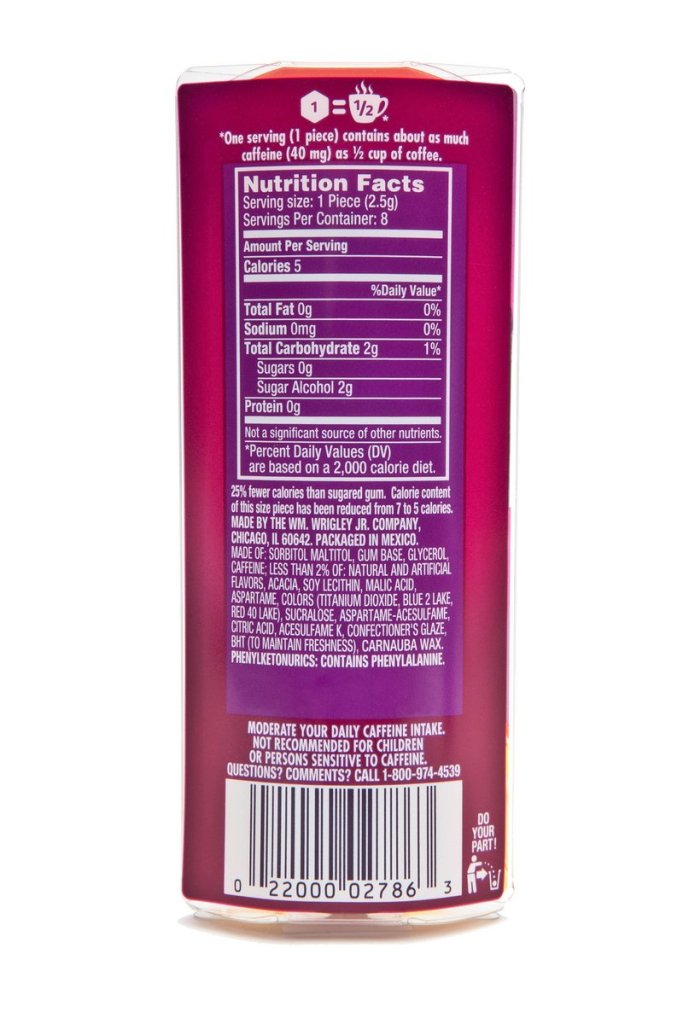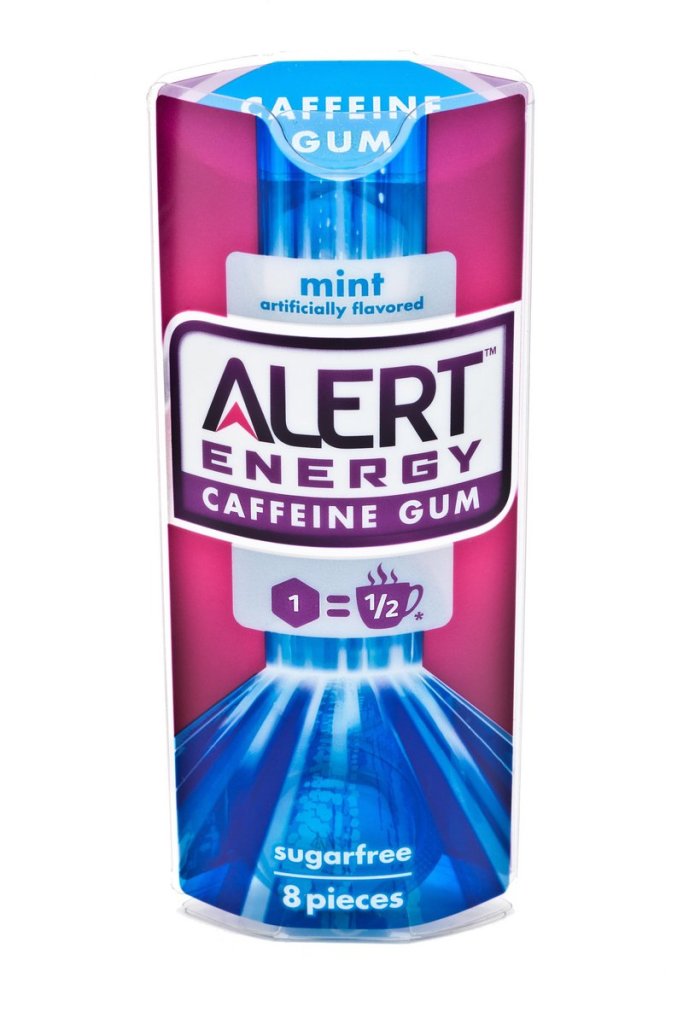WASHINGTON – Trail mix. Potato chips. And now gum.
With a growing number of foods boasting added caffeine for an energy boost, the Food and Drug Administration says it’s time to investigate their safety.
The FDA’s new look at added caffeine and its effects on children and adolescents is in response to a caffeinated gum introduced this week by Wrigley. Called Alert Energy Gum, it promises “The right energy, right now.” The agency is already investigating the safety of energy drinks and energy shots, prompted by consumer reports of illness and death.
Michael Taylor, FDA’s deputy commissioner of foods, said Monday that the only time FDA explicitly approved the added use of caffeine in a food or drink was in the 1950s for colas. The current proliferation of caffeine added to foods is “beyond anything FDA envisioned,” he said.
“It is disturbing,” Taylor said. “We’re concerned about whether they have been adequately evaluated.”
Taylor said the agency will look at the potential impact these “new and easy sources” of caffeine will have on children’s health and will take action if necessary. He said that he and other FDA officials have held meetings with some of the large food companies that have ventured into caffeinated products, including Mars Co., which owns Wrigley.
Wrigley and other companies adding caffeine to their products have labeled them as for adult use only. A spokeswoman for Wrigley, Denise M. Young, said the gum is for “adults who are looking for foods with caffeine for energy” and each piece contains about 40 mg, or the equivalent amount found in half a cup of coffee. She said the company will work with FDA.
Food manufacturers have added caffeine to candy, nuts and other snack foods in recent years. Jelly Belly “Sport Beans,” for example, have 50 mg of caffeine in each 100-calorie pack, while Arma Energy Snx markets trail mix, chips and other products.
Critics say it’s not enough for the companies to say they are marketing the products to adults when the caffeine is added to items like candy that are attractive to children. Major medical associations have warned that too much caffeine can be dangerous for children, who have less ability to process the stimulant than adults. The American Academy of Pediatrics says caffeine has been linked to harmful effects on young people’s developing neurologic and cardiovascular systems.
“Could caffeinated macaroni and cheese or breakfast cereal be next?” said Michael Jacobson, director of the Center for Science in the Public Interest, which wrote the FDA a letter concerned about the number of foods with added caffeine last year.
Send questions/comments to the editors.




Success. Please wait for the page to reload. If the page does not reload within 5 seconds, please refresh the page.
Enter your email and password to access comments.
Hi, to comment on stories you must . This profile is in addition to your subscription and website login.
Already have a commenting profile? .
Invalid username/password.
Please check your email to confirm and complete your registration.
Only subscribers are eligible to post comments. Please subscribe or login first for digital access. Here’s why.
Use the form below to reset your password. When you've submitted your account email, we will send an email with a reset code.